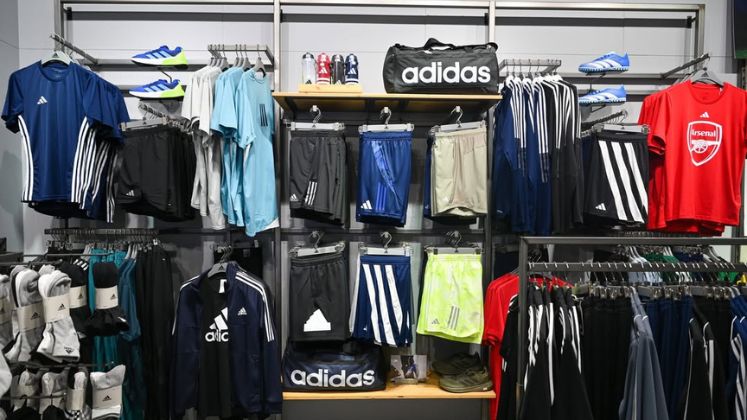Our Terms & Conditions | Our Privacy Policy
Adidas, Uniqlo warn of rising product pricing in US due to tariff pressure
Image Courtesy: Instagram
Following increased taxes on imports from significant Asian manufacturing bases, the latest clothing behemoths to warn of rising product pricing in the US are Adidas and Fast Retailing.
Targeting nations that control the world’s garment sourcing, the US has levied reciprocal import tariffs of 20% on Vietnam, 35% on Bangladesh, 36% on Cambodia, and 19% on Indonesia and the Philippines.
According to Bjorn Gulden, CEO of Adidas, the tariffs may raise the price of the company’s US products by up to US $ 218 million throughout the remainder of the year.
As of May, Fast Retailing had 74 Uniqlo locations in the US and mostly sourced from Southeast Asia, including factories in Vietnam, Bangladesh, and Cambodia, totalling 60, 27 and 19 factories, respectively.
Other international players are preparing for increased expenses as well.
Nike, which produces 27% of its shoes in Indonesia and 50% in Vietnam, stated in June that it has already started to raise retail pricing and anticipates another US $ 1 billion in tariff-related expenses.
H&M has stated that it is thinking about changing its prices, while Gap had previously estimated US $ 250 million to US $ 300 million in additional expenses.
The US International Trade Commission reports that last year’s garment imports were US $ 79.3 billion, or one-fifth of the total worldwide. Vietnam held 18% of the US market, with Bangladesh (9%), India (6%), and Indonesia (5%) following closely behind.
Adidas CEO Bjørn Gulden said that the newly imposed tariffs will have a direct impact on the cost of the company’s products in the US, noting that Vietnam remains Adidas’ largest production hub for the American market. He revealed that the company had already incurred tariff-related losses amounting to “double-digit euro millions” during the April–June quarter.
Meanwhile, Fast Retailing’s Chief Financial Officer Takeshi Okazaki confirmed that Uniqlo would also increase prices to manage rising costs. He stated that the company would adjust prices flexibly, taking into account tariffs and other costs and determining a balance between price and value.
Images are for reference only.Images and contents gathered automatic from google or 3rd party sources.All rights on the images and contents are with their legal original owners.



Comments are closed.